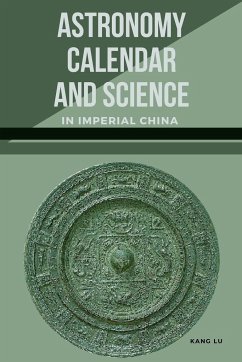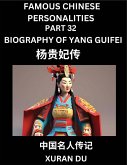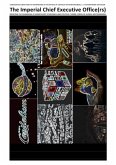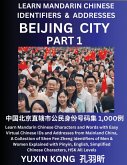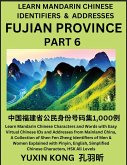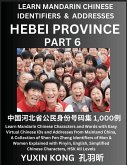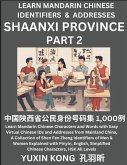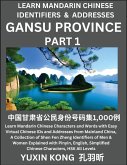Presented within this book are a series of insightful textual case studies that delve into the realm of "calendro-astronomy" during the span of 250 B.C. to A.D. 250. Through a comprehensive exploration of various sources, this work uncovers a multifaceted understanding of the astral sciences, particularly focusing on calendrics, eclipses, and planetary astronomy. By meticulously balancing transmitted knowledge with excavated materials, the author sheds light on the technical knowledge of the era, its modes of production and consumption, as well as its dissemination beyond the confines of elite courtly settings. Three primary elements shape the narrative: (1) the elucidation of a silk manuscript titled "Wuxing zhan" from 168 B.C., providing insights into military planetary astronomy and astrology; (2) the examination of calendars and state li manuals obtained through archaeological endeavors; and (3) an in-depth exploration of the records within the "Jin shu" from A.D. 648, which chronicle the discourse surrounding a failed li reform attempt in A.D. 226. By embracing these distinct facets, the book showcases a rich array of astral sciences, highlighting variations in genre, social context, and epistemology across mathematical astronomy, hemerology, and omenology. The intricate processes of knowledge transfer and integration between these disciplines are also rigorously explored.
Hinweis: Dieser Artikel kann nur an eine deutsche Lieferadresse ausgeliefert werden.
Hinweis: Dieser Artikel kann nur an eine deutsche Lieferadresse ausgeliefert werden.

